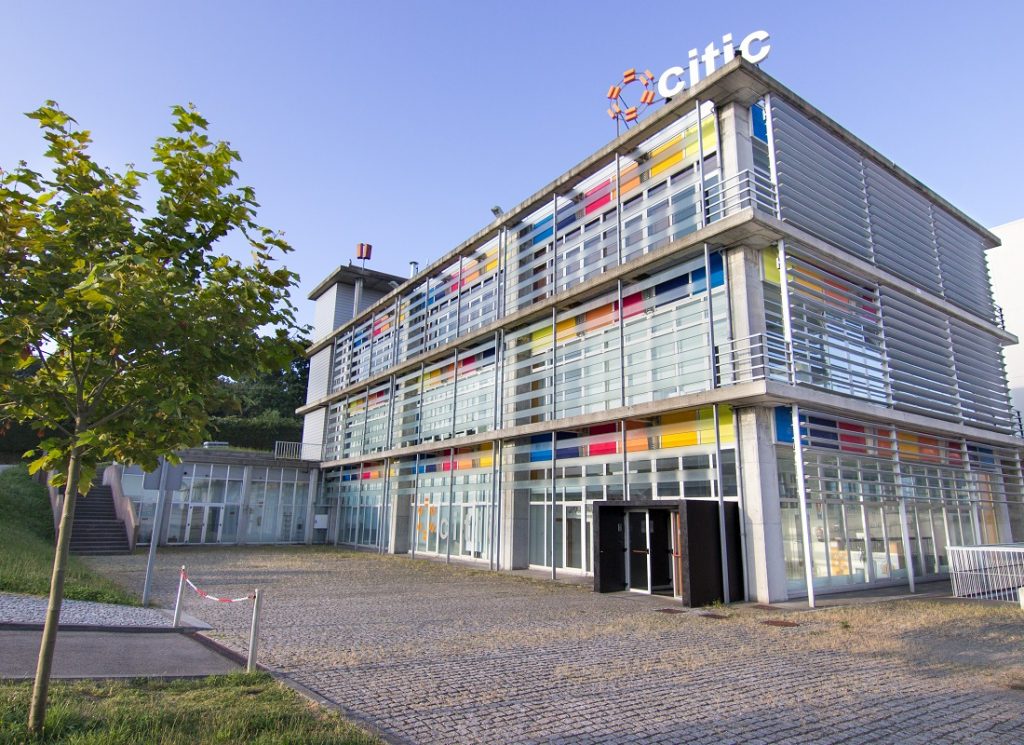
The CITIC of the University of A Coruña participates in a European project of digital transformation with technologies for waste classification
- The GRESINT project is part of the 3rd call of the Interreg Spain-Portugal Programme and involves the participation of SOGAMA and the ICT Research Centre of the University of A Coruña on behalf of Galicia; and the Associação de Municípios para a Gestão Sustentável de Residuos del Grande Porto and the University of the Interior Bank (UBI) on the part of Portugal.
- It has an endowment of more than 787.000 euros and will last for 3 years.
The Centre for Research in Information and Communication Technologies (CITIC) of the University of A Coruña will participate in a European project, led by the Galician Society of the Environment S.A. (SOGAMA), and in which LIPOR – Associação de Municípios para a Gestão Sustentável de Residuos del Grande Porto also participates together with the University of Orilla Interior (UBI) in terms of digital transformation with smart technologies for the sorting of household packaging waste.
The GRESINT project, financed with FEDER funds, was chosen within the framework of the third call of the Interreg Spain-Portugal Programme, has an endowment of 787.544,67 euros and a duration of 3 years. It consists of a transversal and innovative project that combines technology, sustainability and circularity, with the aim of revolutionizing waste management through the incorporation of smart technologies that improve the classification of packaging and have an impact on the rest of the value chain: collection, selection, recycling and recovery.
In this way, it will contribute to achieve European recycling targets, allowing high-quality recovered materials to be introduced into the production cycle in accordance with the precepts of the circular economy.
The project, led by SOGAMA (Galicia) focuses on the introduction of sensors, artificial vision, artificial intelligence and robotic classifiers. The idea is to generate and process data on the selected materials to improve decision-making and to anticipate situations in the integral waste management cycle.
CITIC, led by researchers Carlos Vázquez Regueiro and Miguel Rodríguez Luaces, plays a key role in the development of a common pilot software for both plants, adapted to the specific needs of each one. The artificial intelligence (AI) platform seeks to create a “Date Lake” that stores selected and relevant data from both plants for analysis, thus better training the algorithm and achieving better results. Data collection will include cleaning and preparation of information, ensuring data privacy and security. Each plant will have a server to record and internally process the sensor data, sharing the information channelled in the joint platform. This approach aims to improve real-time decision-making, optimizing processes and maintenance of sorting plants.





